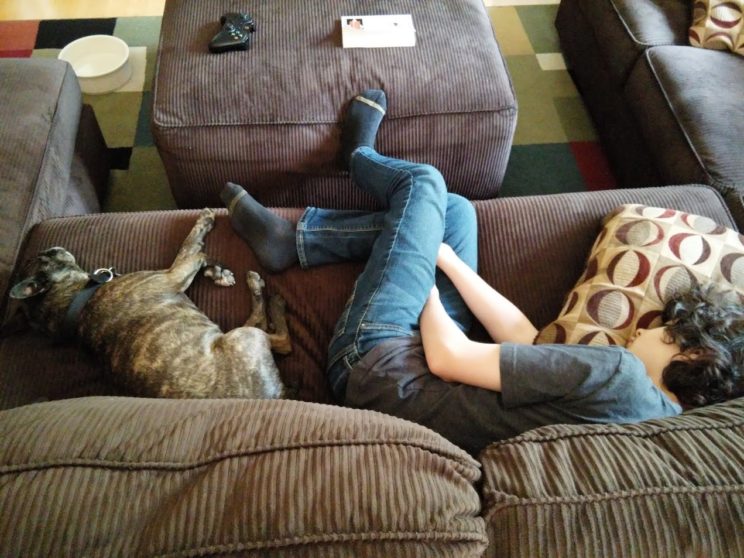
A new study finds that eliminating housing discrimination for people whose families include a dog, cat, or other animal companion would allow 8.75 million animals to find new homes, roughly six years worth of killing in U.S. pounds.
While the study did find that more rental units allow animals than do not, it also found that even if they do allow animals, 72% restrict the number of pets, 50% restrict the size of the dog, and 50% restrict the “breed” of the dog. It also found that one in four renters lost their home because of a restriction on housing.
Although the study did not propose a legislative solution, the No Kill Advocacy Center has long called for a ban on housing discrimination by extending existing federal law prohibiting housing discrimination for families with children. Moreover, owners of properties that are designated for the elderly or handicapped persons and are either subsidized or insured by the U.S. Department of Housing & Urban Development cannot prohibit residents from living with a pet. Reasonable health and safety rules and a pet deposit are allowed.
The No Kill Advocacy Center is currently working with legislators in New Hampshire to form a legislative study committee to look at the issue in the hopes that it will become the first state to do so. The committee would be tasked with finding solutions that benefit everyone, including landlords and other tenants. Doing so would not be difficult, as the study itself found that allowing pets decreases vacancies (both because units are easier to rent and because those with animals stay longer). In addition, No Kill Advocacy Center research shows that banning housing discrimination for families with animals would also improve neighborhood cohesion and public health, is good for local merchants and the local economy, and is welcomed by tenants without animals and no desire to get one.
That it is also good for animals goes without saying. About 20% of relinquishments to shelters involve housing issues and the problem is getting worse. With rising housing costs and thus the percentage of people who rent (vs. own), shelters are reporting an increased number of people surrendering animals because they can’t find pet-friendly housing. People should not have to choose between losing a family member or losing their home.
The study also found that one-third of “pet owners in restricted pet-friendly housing said they would get another pet if restrictions were lifted, and 35% of non-pet-owners in non-pet-friendly housing would get a pet if restrictions were lifted,” increasing adoptions.
The study and related research can be accessed here:
- Easing Restrictions On Pets In Rental Housing Could Help 8.75 Million Pets Find Homes Over Time.
- No Kill Advocacy Center’s Pets Are Family Fair Housing Act.
————-
Have a comment? Join the discussion by clicking here.